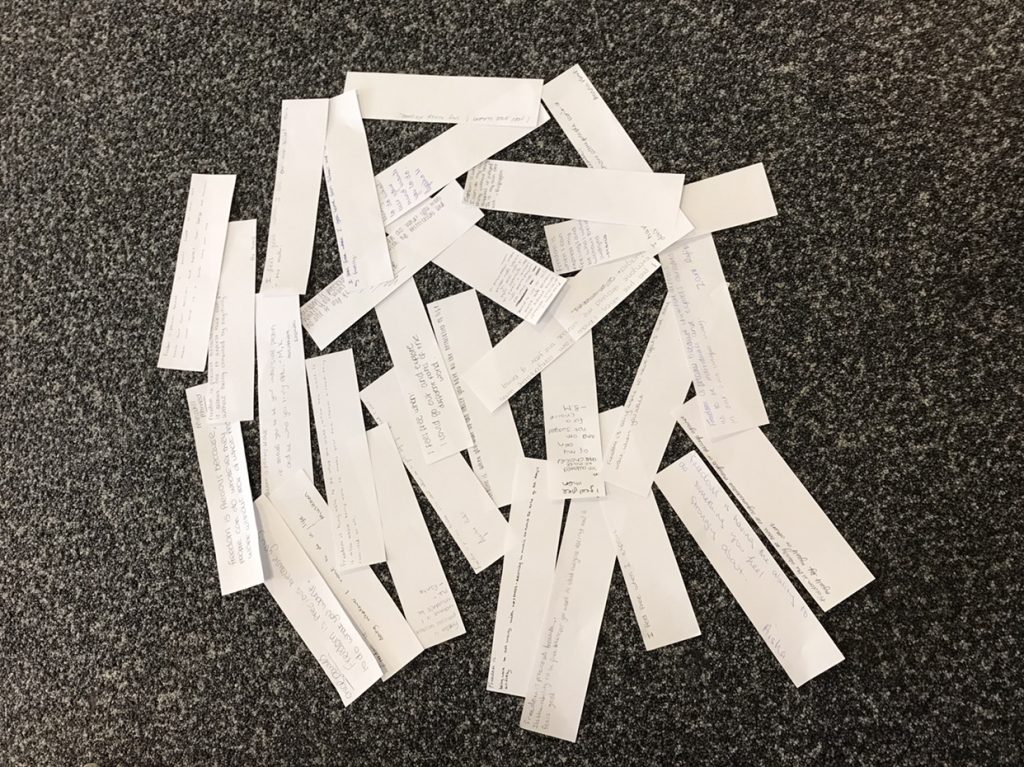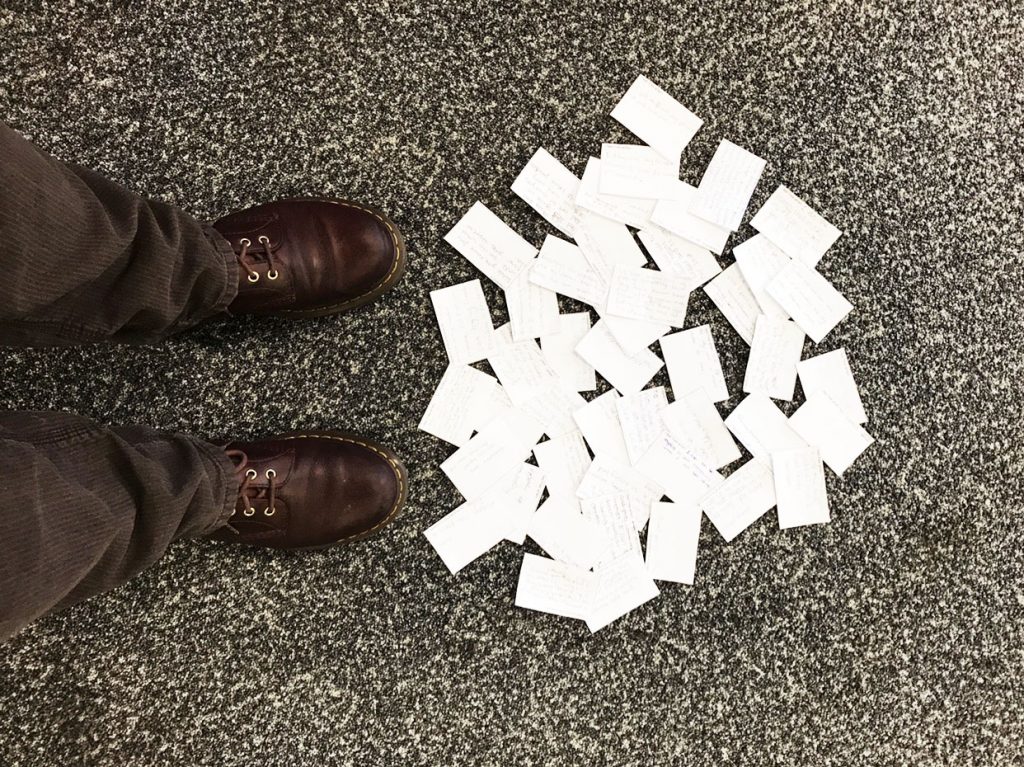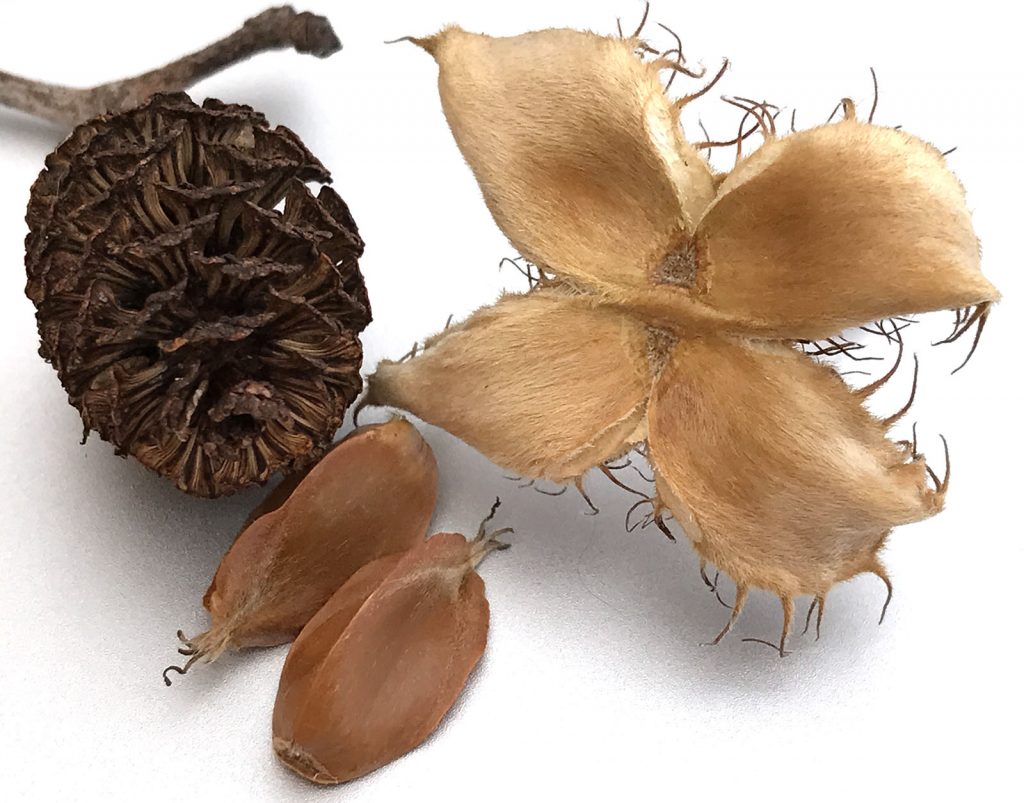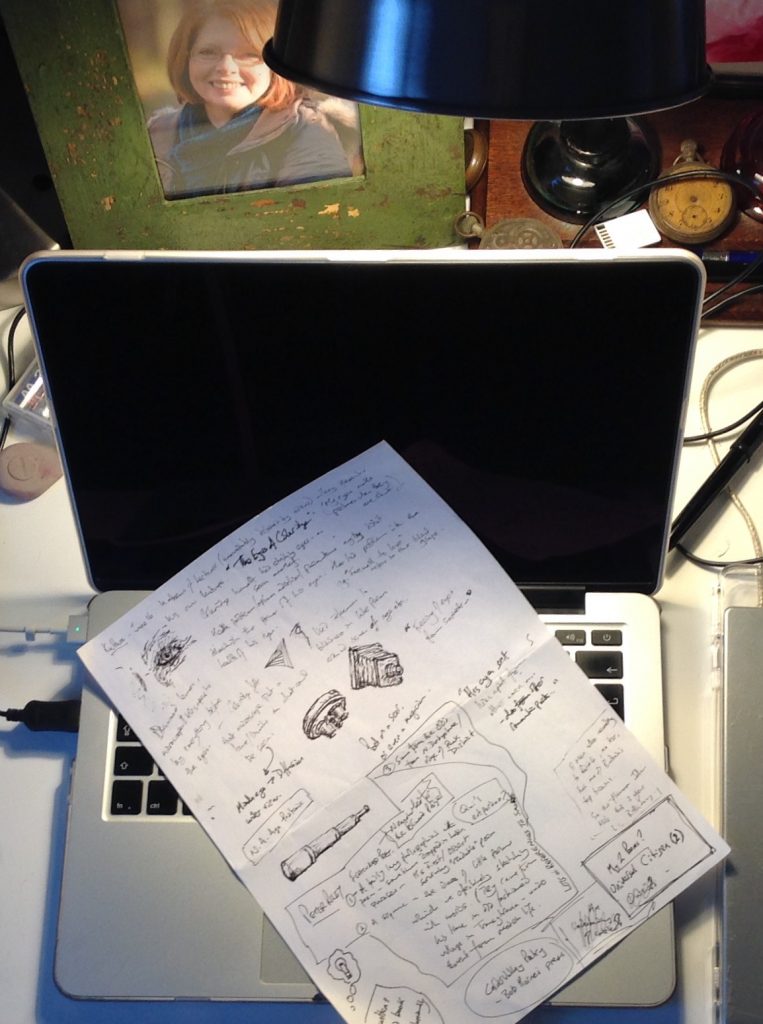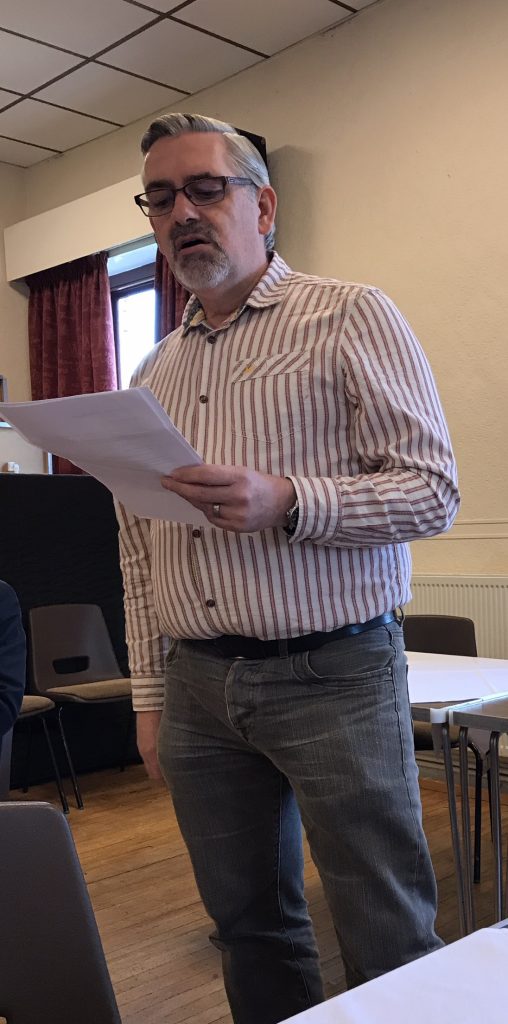 A few months ago I was honoured to be invited to write and perform a poem for the 30th Anniversary of Rochdale Artists. In the run up to the event I worked on my poem which went through several iterations before I finally settled on placing a number of well known artists from the past in the context of Rochdale, past future and present.
A few months ago I was honoured to be invited to write and perform a poem for the 30th Anniversary of Rochdale Artists. In the run up to the event I worked on my poem which went through several iterations before I finally settled on placing a number of well known artists from the past in the context of Rochdale, past future and present.
The event took place today at The Coachhouse in Littleborough with a buffet lunch and an exhibition which will run for a month.
George Hardy, president of Rochdale Artists introduced the Mayor of Rochdale who spoke about the exhibition, his own interest in art and the importance of the arts to our society.
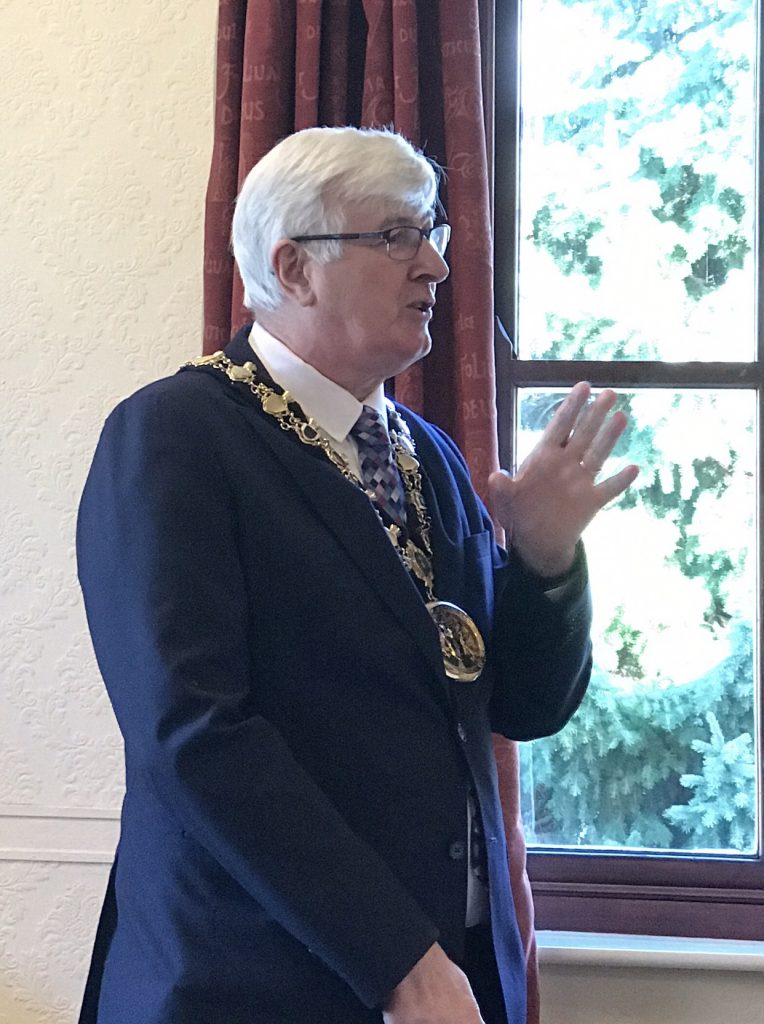
The Mayor’s comments were added to by Councillor Janet Emsley, cabinet member for communities and culture, who spoke of the value of such organisations and the people who run them. It was then time for my poem to have its first outing, having been previously only read out loud in an empty room.
I’ve reproduced the full poem, The Artists in Rochdale, below:
The Artists in Rochdale
By Broadfield’s pond, I paused,
to sit on Monet’s stool,
as rare morning-dappled-sunlight painted the lilies,
en plein air.
I wondered at Gaudi’s natural forms on the banks of the Roch,
and MacIntosh’s tulips grew in the borders
beyond the gates of Falinge Park.
In Healey’s deep Dell I listened to the water
tumbling, turning and smoothing the rocks
and I glimpsed Hepworth’s hammer and chisel
through the mid-day mist
and she knew; that I knew.
In the early afternoon,
just below Littleborough’s Summit,
under ominous clouds
Constable was painting the lock gates.
And as Lowry sketched the early evening workers
leaving Townhead Mill,
I saw Paul Gauguin painting the town,
in greens, oranges and reds with a dash of purple,
and was that Banksy skulking in the corners
on Toad Lane?
I found Braque’s brushes, still wet
In the bushes by Touchstones.
And Picasso’s palette blue, and blue
and blue
abandoned on a bench by the Butts
Beside half a can of Special Brew
And an uneaten slice of pizza
Mondrian taking “as little as possible of reality”,
shared his disapproval of Rochdale’s,
gone but not forgotten, Black Box;
It needed more lines, some blocks of colour.
It was just there;
that Boccioni
glimpsed a different future
on Riverside.
Matisse was still cutting cardboard corners
in Yorkshire Street.
Damian Hirst was counting sheep
by the Arndale
and that tent pitched at Rakewood?
not camping with the scouts,
but artwork with Tracey.
As evening faded to night
Vincent gazed into the sky over Cronkeyshaw
And whipped up a storm in oils.
I caught a dazed Dali doodling
and dallying a little too long in the Baum
and time just melted,
merged
and drifted away
I met Toulouse living it up in the Olde Boar’s Head
and in a quiet corner Miss Stansfield posed for Leonardo.
Seurat and Signat were arguing at the bar
each making their point,
by point,
by point,
a million times.
And Rembrandt peered out of the darkness
And was that really Duchamp I saw,
taking the p*** in The Regal Moon?
And I swear I found a piece of Vincent’s ear
in the gutter by the Flying Horse
And where are the artists now?
The creation, the endeavour, the wit
Where now, the watercolours, the oils,
the pencils, the inks,
the charcoal and pastels?
Well the artists are still right here
and only the names have changed.
With their riggers, their filberts and mops,
with Kolinsky sable and Russian squirrel
with Taklon and badger and hog.
An apothecary of Cambium, Cobolt and Zinc
With their Prussian Blue and French Aquamarine
And their whites; their whites
So many shades of white
And they’re talking and painting,
and looking and drawing.
And they’re;
on the walls.
And they’re watching and waiting.
If you linger, to look, a little longer
you might be an unwitting model,
like Miss Stansfield with Leonardo.
You may be drawn
or drawn-in,
to a chat,
a cup of tea
and a Rochdale world of art,
because after 30 years;
there is life-still
in the artists,
in Rochdale,
today.
 Here is the chance for all local poets and poetry lovers to share your poetry in front of a supportive crowd with myself, Seamus Kelly as Master of Ceremonies.
Here is the chance for all local poets and poetry lovers to share your poetry in front of a supportive crowd with myself, Seamus Kelly as Master of Ceremonies.
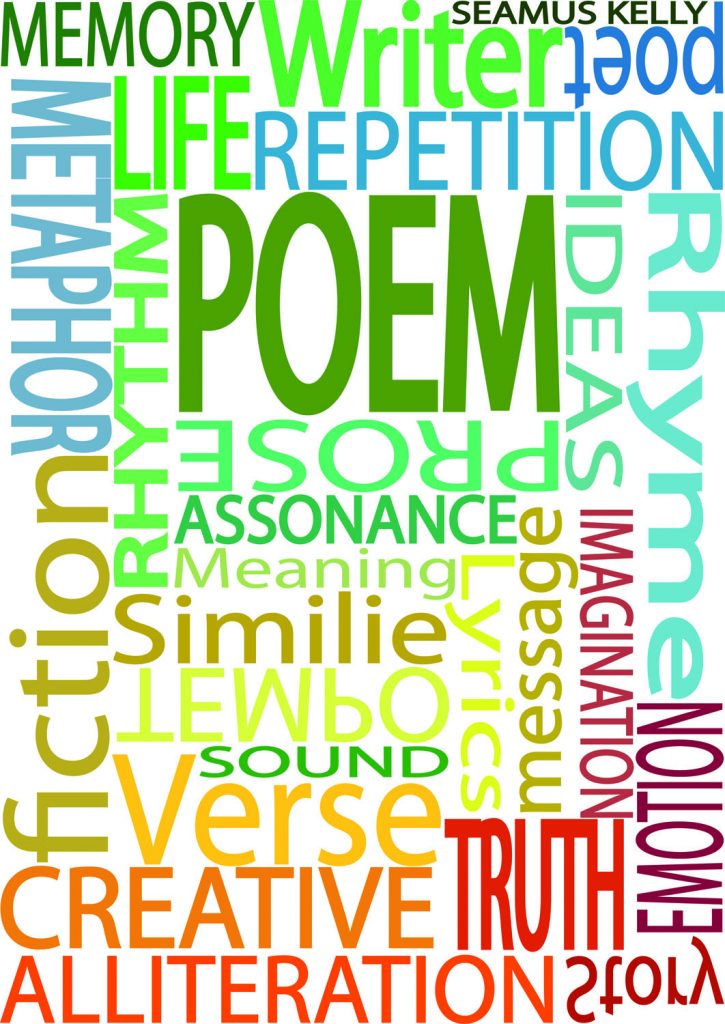 Details: Poetry can convey our stories, ideas and emotions with great power. This workshop guides and inspires new writers with handy techniques to create writing full of power and feeling. The workshop includes an introduction with examples, discussion, idea development and lots of opportunity for the participants to be creative.
Details: Poetry can convey our stories, ideas and emotions with great power. This workshop guides and inspires new writers with handy techniques to create writing full of power and feeling. The workshop includes an introduction with examples, discussion, idea development and lots of opportunity for the participants to be creative.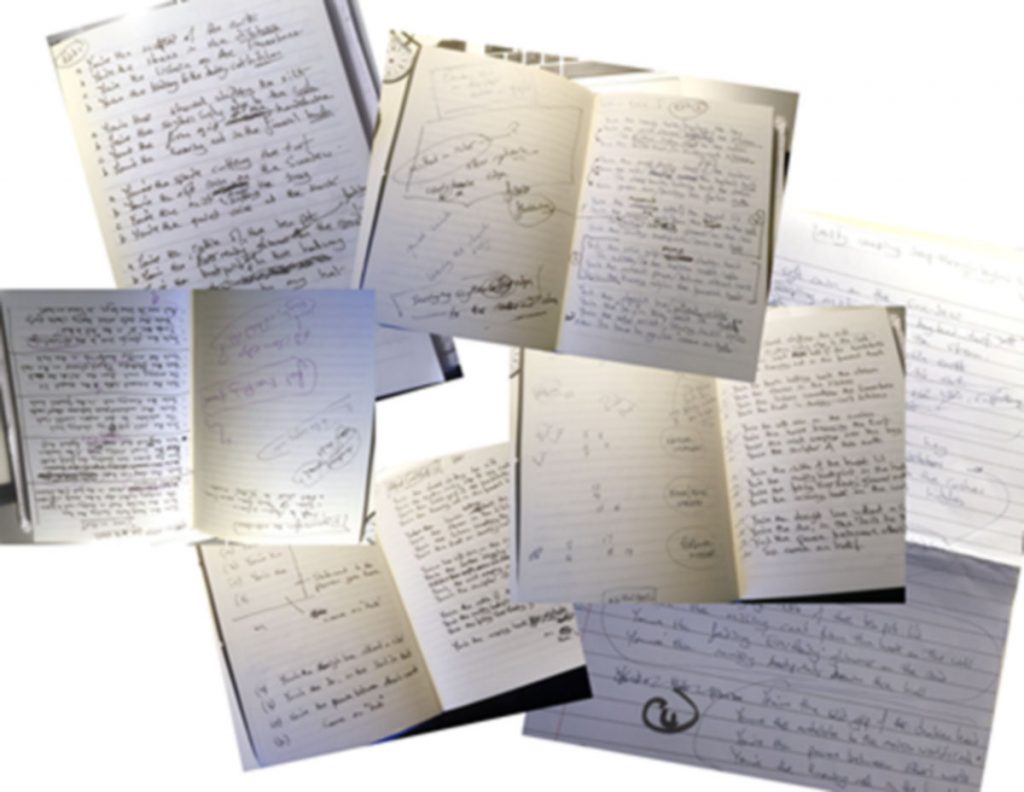 Two years ago I was invited by Steve Cooke of “All Across the Arts” to be part of a project called “Stories We Could Tell” in Rochdale. In two weeks time we’ll be bringing this exciting work to share in Altrincham.
Two years ago I was invited by Steve Cooke of “All Across the Arts” to be part of a project called “Stories We Could Tell” in Rochdale. In two weeks time we’ll be bringing this exciting work to share in Altrincham.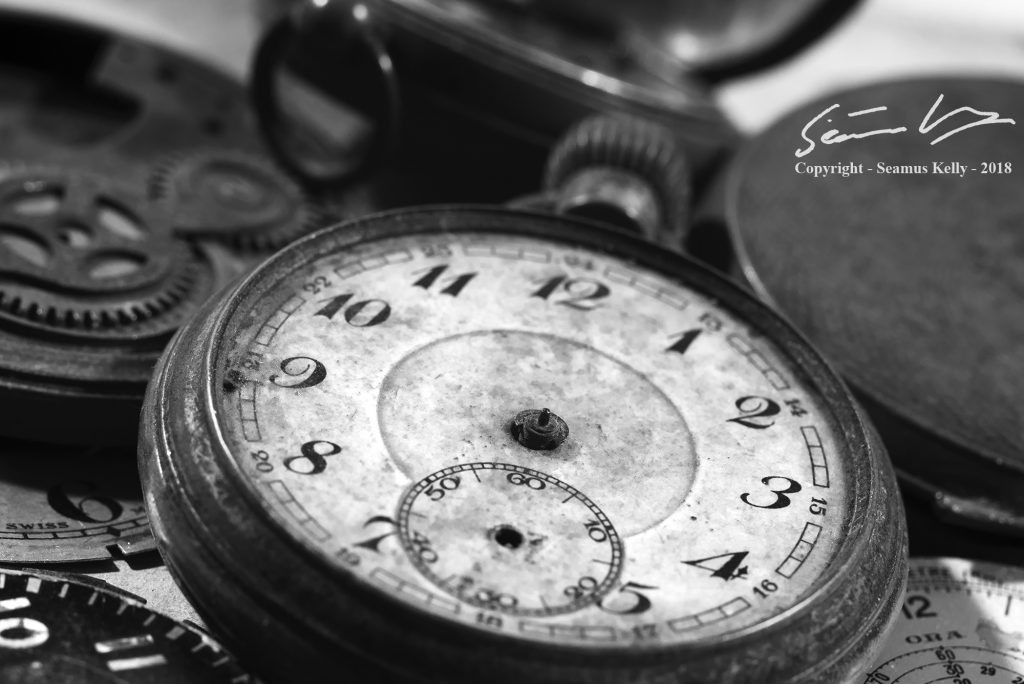
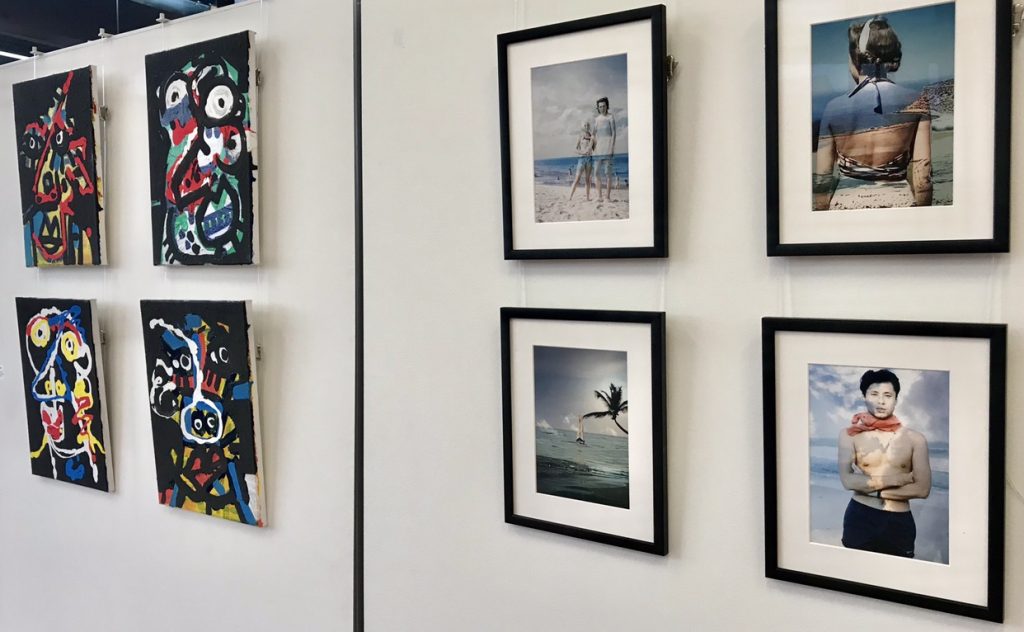
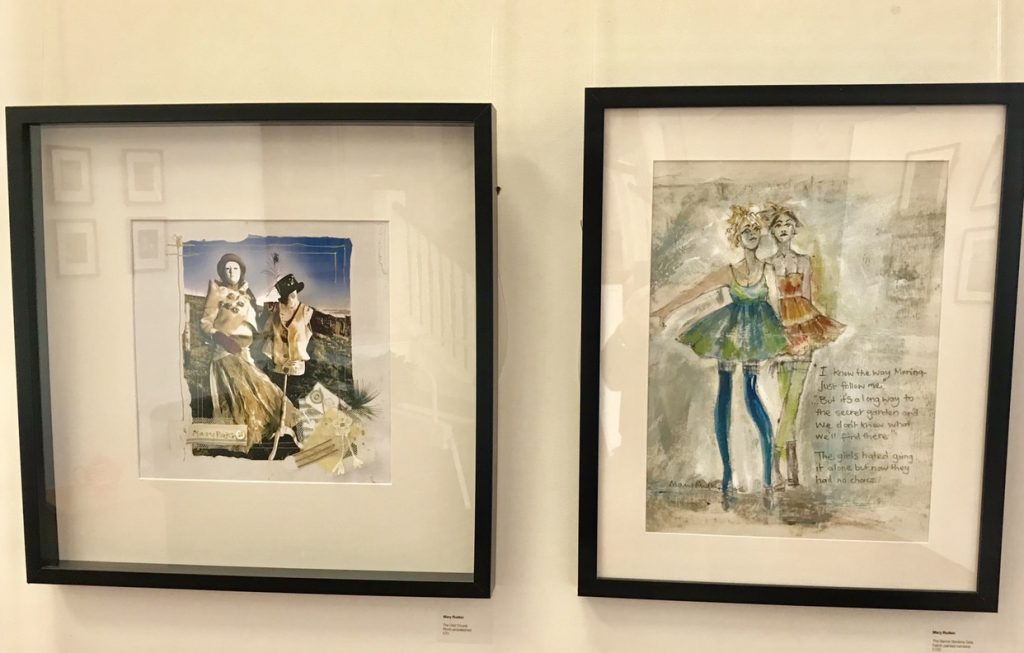
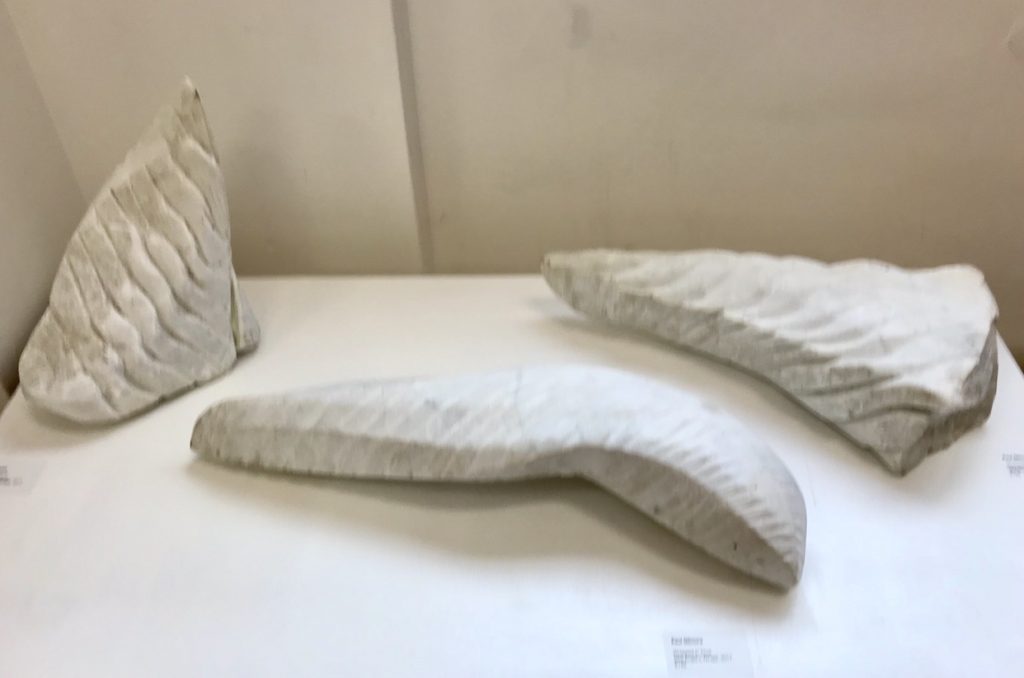
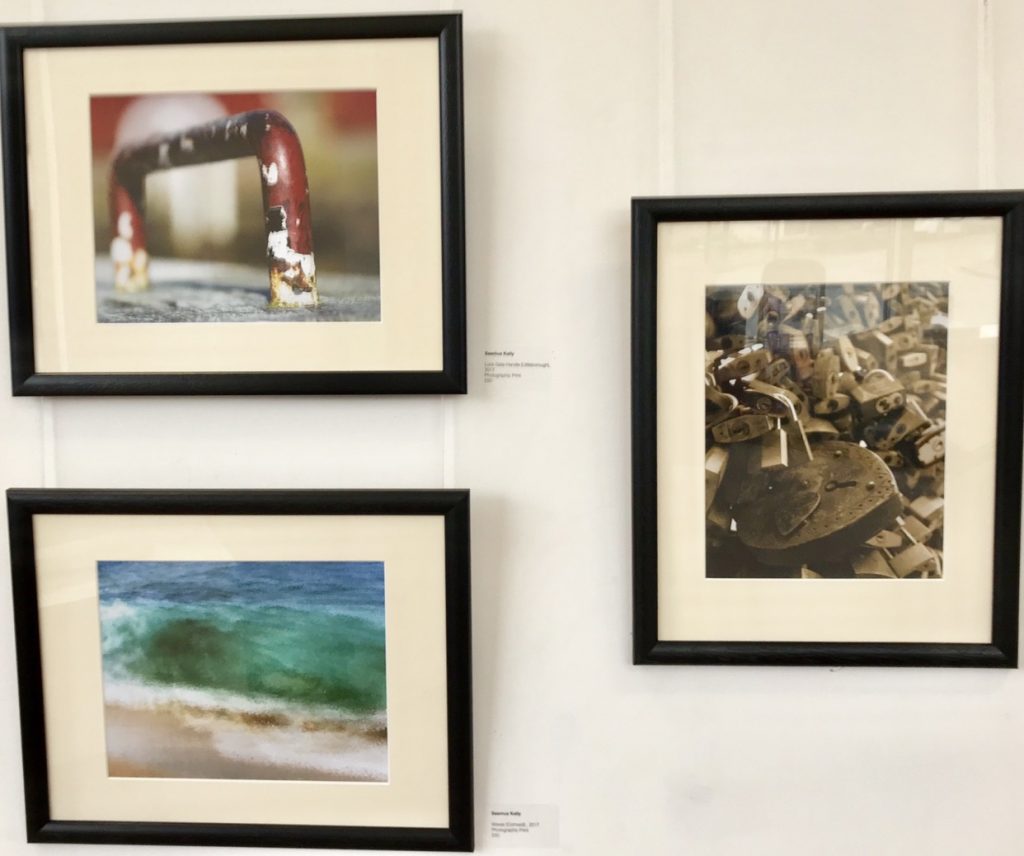
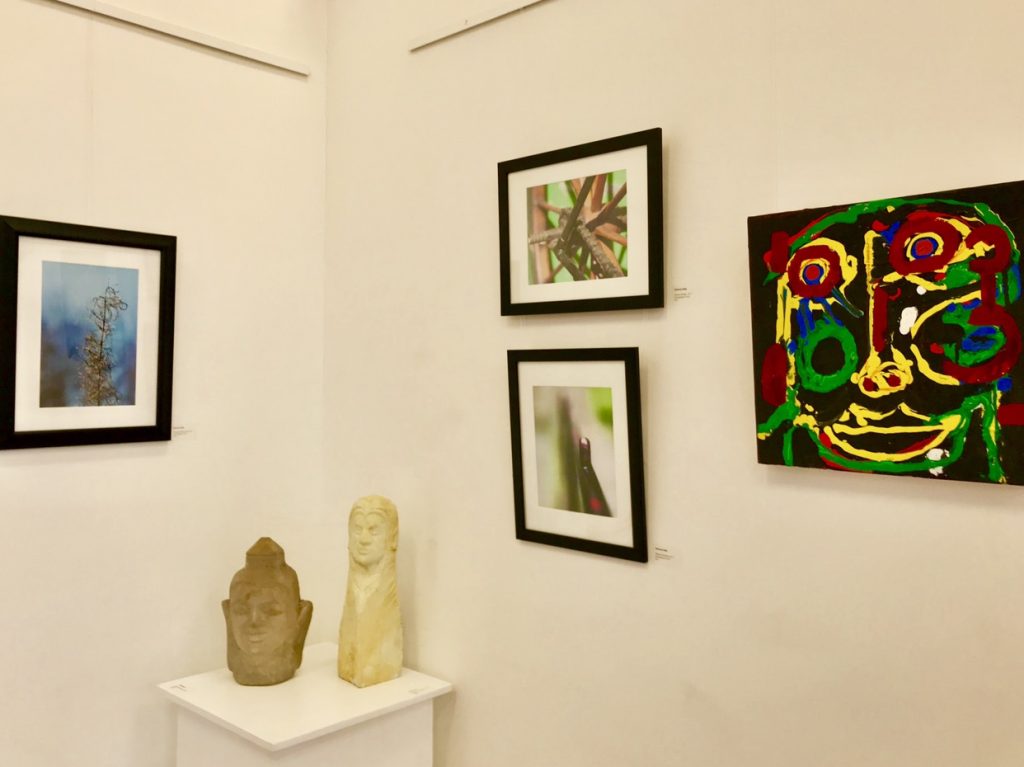
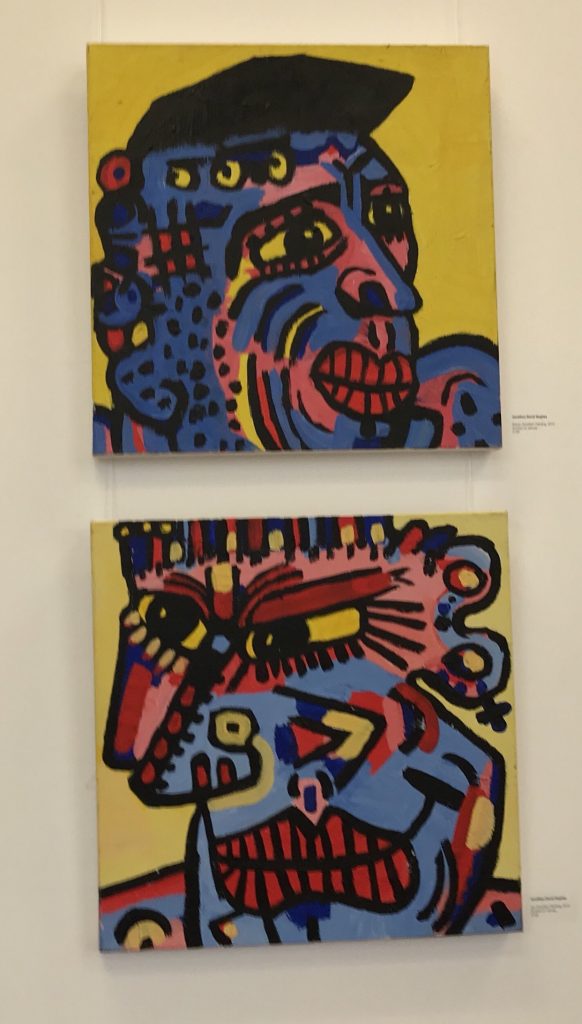
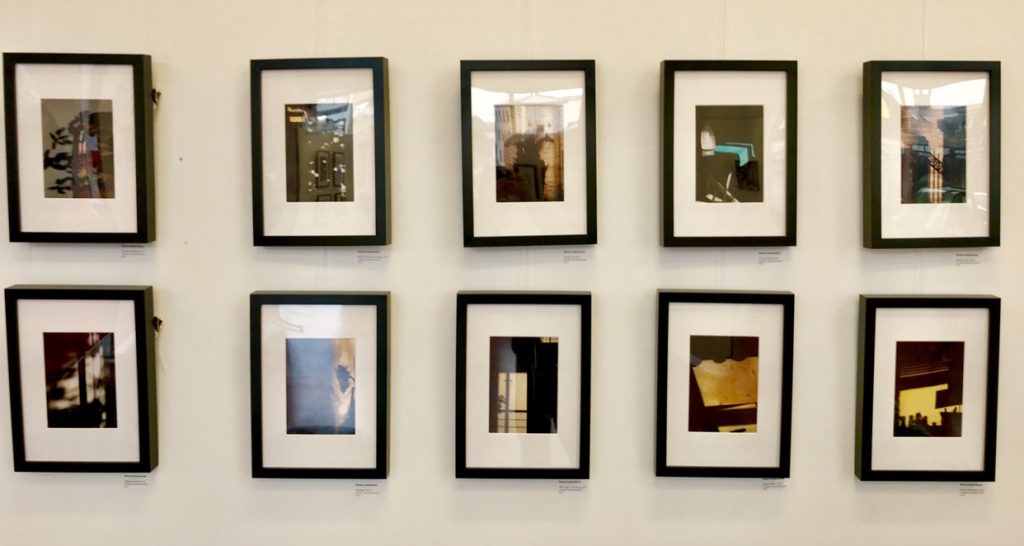
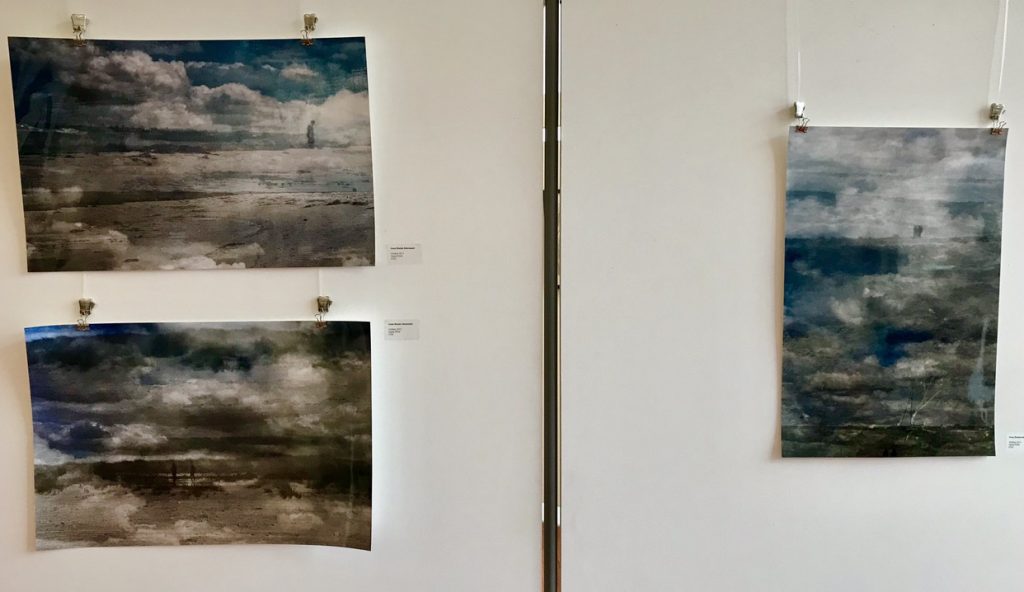
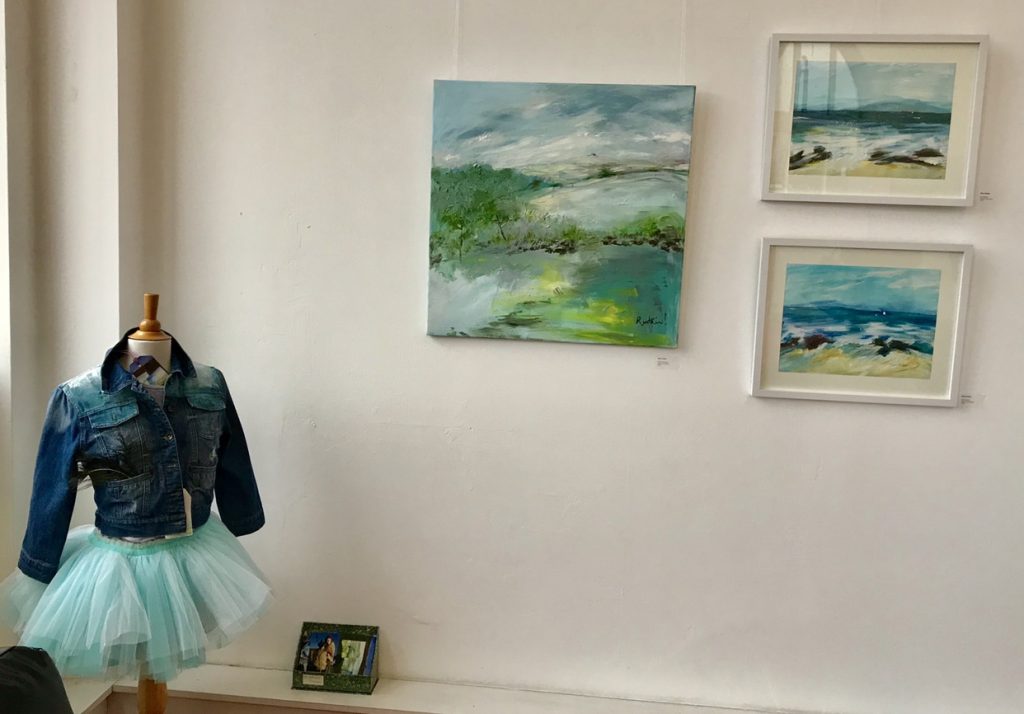
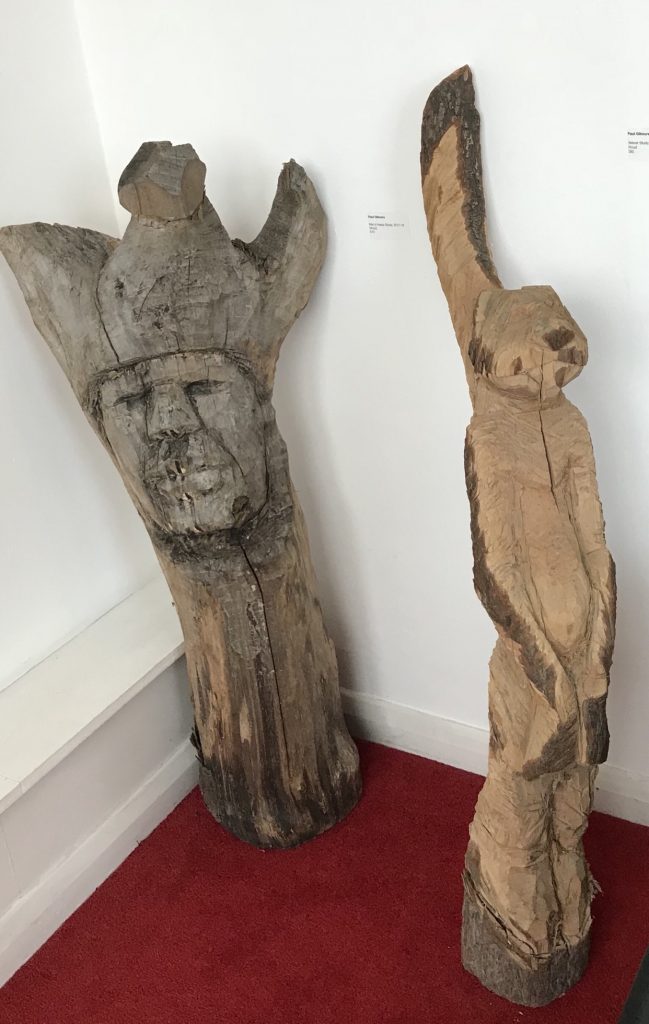
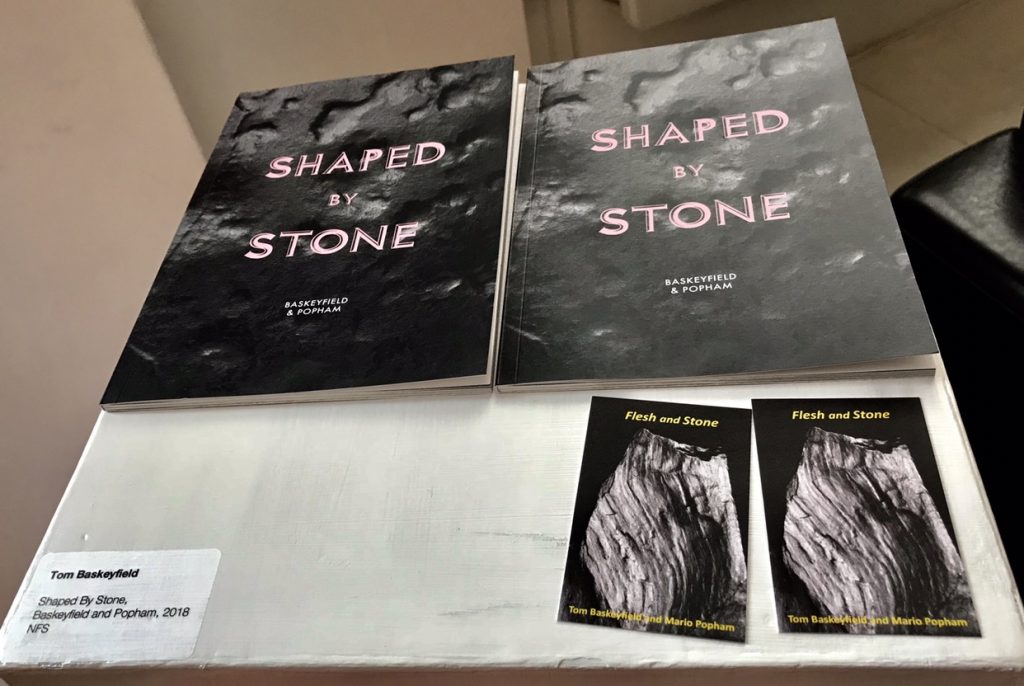
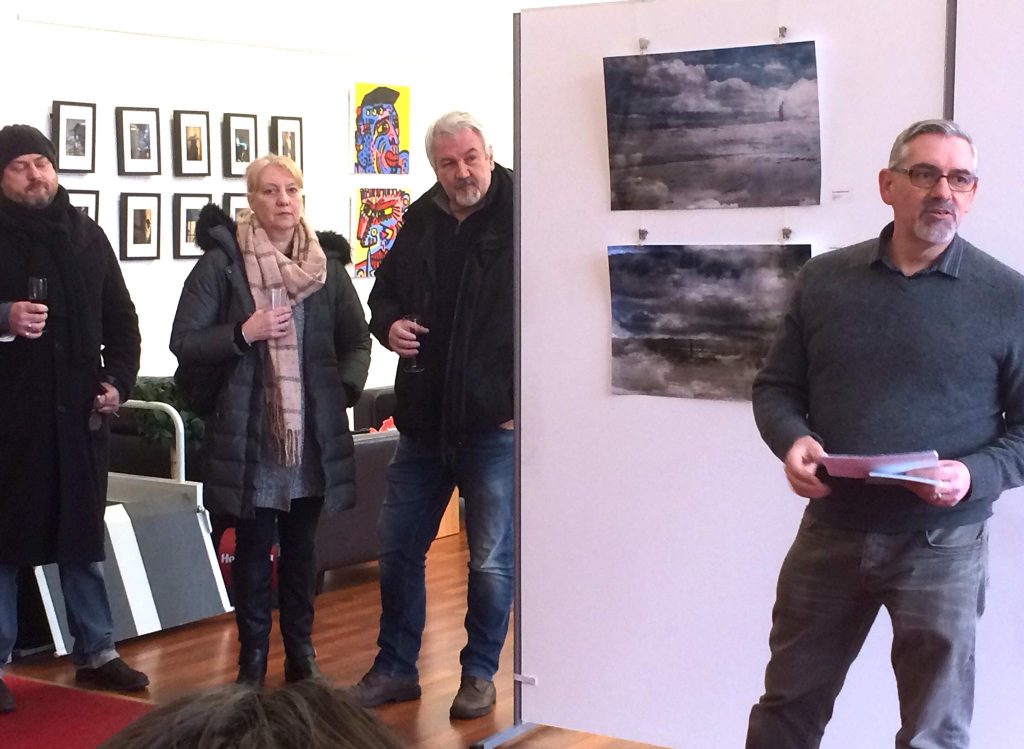
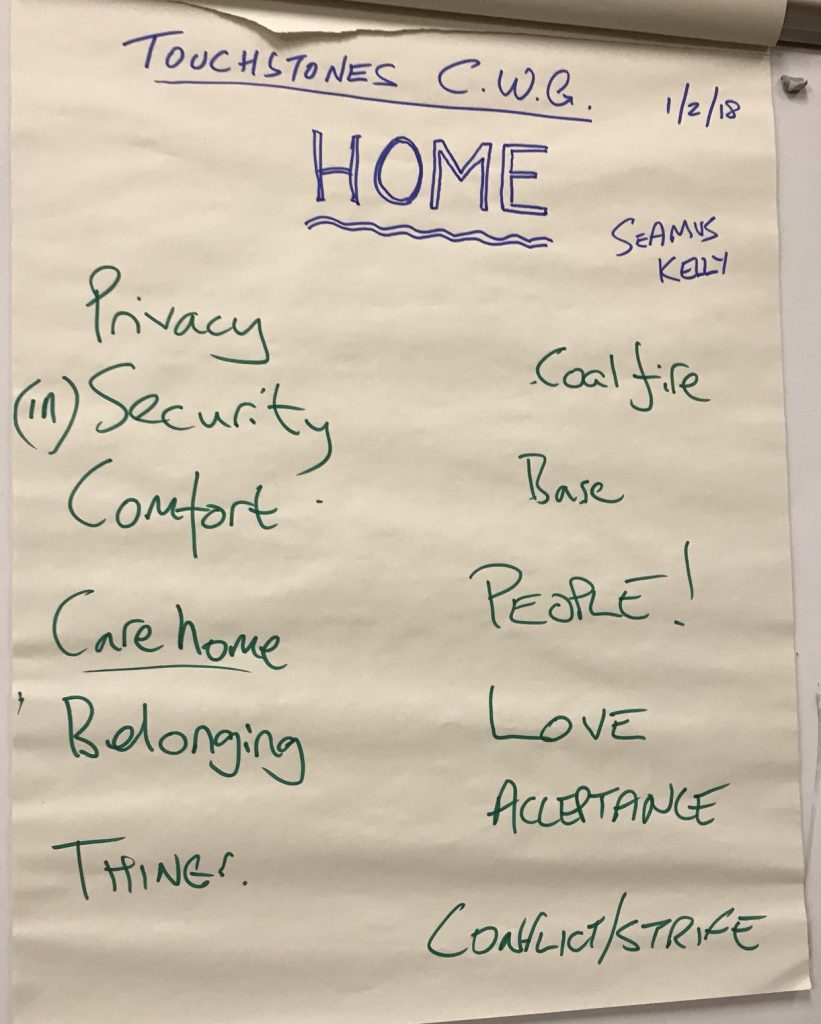

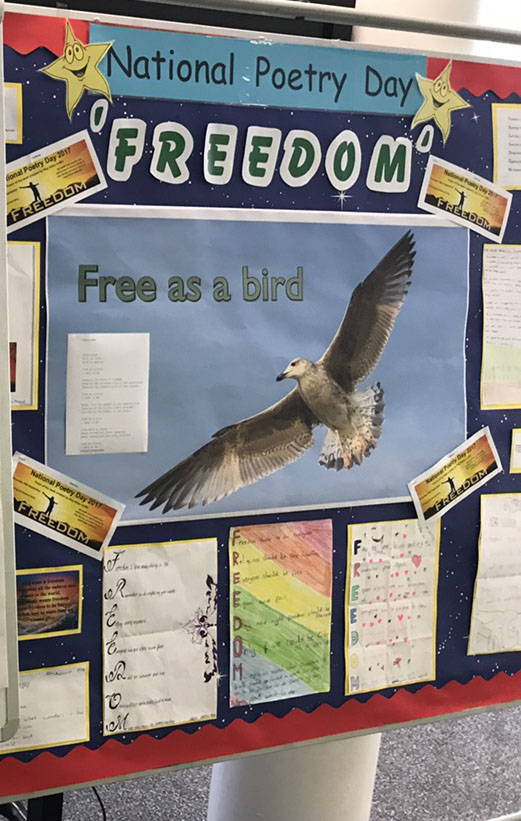 Today I was delighted to be at Pleckgate to provide a series of sessions for students as part of National Poetry Day.
Today I was delighted to be at Pleckgate to provide a series of sessions for students as part of National Poetry Day.